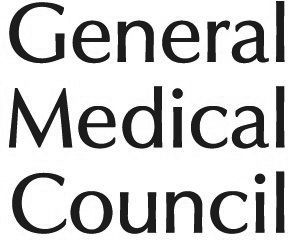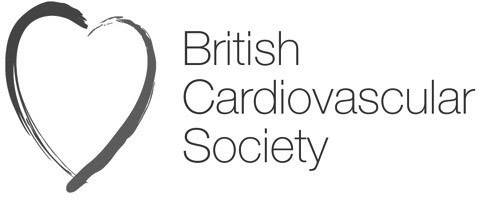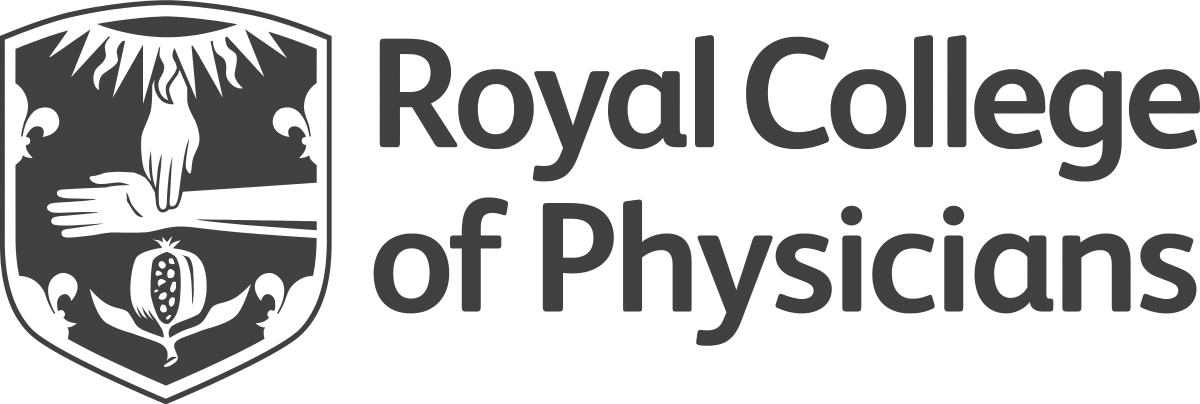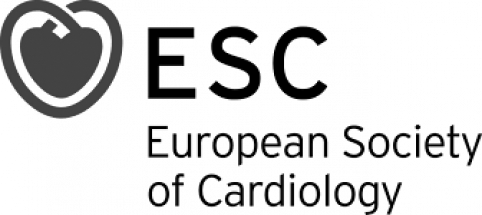Dr Raj Khiani, Consultant Cardiologist
Dr Raj Khiani
Consultant Cardiologist
Dr Raj Khiani BSc (Hons) MBBS MRCP (UK) FRCP
Consultant Cardiologist
Dr Raj Khiani
Consultant Cardiologist BSc (Hons) MBBS MRCP (UK) FRCP
Recommendations for Dr Khiani
These recommendations are for information purposes only. Doctors providing recommendations do so in good faith and are not responsible for clinical outcomes.












Recommended by:
Make an appointment
Address
-
Elstree Waterfront Outpatients Centre
The Waterfront Business Park, Beaufort House, Elstree Road, London, WD6 3BS
-
The Wellington Hospital
Wellington Place, St John's Wood, London, NW8 9LE
Royal Free Hospital
Pond St, London, NW3 2QG
Barnet Hospital
Wellhouse Lane, Barnet, Hertfordshire, EN5 3DJ
About Dr Raj Khiani
Covid -19 - Message for GPs
Dr Raj Khiani is an experienced Consultant Cardiologist with the Royal Free Hospital in London. As a full-spectrum general cardiologist he is able to deliver broad general cardiology care, but he also works as a sub-specialist in cardiac devices, heart arrhythmia and heart failure. He treats all common cardiac conditions including ccardiac disorders including: atrial fibrillation, blood pressure, ischaemic heart disease, heart failure and valvular heart disease. He will treat the whole patient and discuss the cardiac diagnosis along with its physical and emotional impact on the patients health.
Dr Khiani qualified in medicine from the Royal Free Hospital in 1995 and went on to perform junior doctor posts in and around North London. He continued with registrar posts in Papworth and completed two years of research in Manchester. He became a Fellow of the Royal College of Physicians, London in 2011. He is also a member of the British Cardiac Society, European Cardiac Society, European Heart Rhythm Association and British Medical Association.
In spare time Dr Khiani enjoys spending time with his family, cycling, walking and playing tennis with his two young sons.
For more details, please visit www.rajkhiani.co.uk
Areas of expertise
- 24 hour blood pressure monitor
- Acute coronary syndrome (ACS)
- Adult congenital heart disease
- Angina
- Arrhythmia
- Atherosclerosis
- Atrial fibrillation
- Atrial flutter
- Atrial septal defects (ASD)
- Autonomic disorders
- Autonomic mediated syncope
- Blackouts
- Bradycardia
- Breathlessness
- Bubble contrast echocardiography
- Calcium coronary score
- Cardiac generator replacement
- Cardiac MRI
- Cardiac pacing
- Cardiac rehabilitation
- Cardiac resynchronisation therapy (CRT)
- Cardiomyopathy
- Cardio-pulmonary exercise testing
- Cardiovascular disease
- Cardioversion
- Chest pain
- Coronary artery disease
- CT coronary angiogram
- DCCV
- Defibrillator implantation
- Dizziness
- Dyslipidaemia
- ECG (electrocardiogram)
- Echocardiogram
- Exercise stress test
- Fainting
- General cardiology
- Heart attack
- Heart failure
- Heart murmurs
- Heart muscle disease
- Heart scan
- Heart valve problems
- Hypertension (high blood pressure)
- Hypertrophic cardiomyopathy
- ICD implantation
- Implantable cardioverter defibrillator
- Implantable loop recorder insertion
- Long covid
- Long QT syndrome
- Loss of consciousness (syncope)
- Low blood pressure
- Myocardial perfusion scan
- Neurocardiogenic syncope (vasovagal)
- Oedema
- Pacemaker implantation
- Palpitations
- Pericarditis
- Postural orthostatic tachycardia syndrome (POTS)
- Supraventricular tachycardia (SVT)
- Transoesophageal echocardiogram
- Unstable angina
- Ventricular fibrillation
- Ventricular septal defects (VSD)
Frequently asked questions
What are the common symptoms that your patients tend to present with?
My patients present with a wide range of different symptoms. Typical symptoms might include chest pain, breathlessness, palpitations, dizziness or blackouts, among others.
Sometimes heart problems can present atypically and I also see patients with atypical symptoms who are worried about they may have a heart problem.
What are the treatments that you're able to offer your patients?
Making a clear diagnosis is critical before I can tailor my treatment strategy to the patient. I try and provide holistic care to my patients, focusing both on mind and body. We often start with conservative treatments which often involve lifestyle factors.
I then move on to medical treatments, such as medical drugs which are usually taken on a daily basis. I also offer operative treatment strategies, in patients if necessary. These are keyhole surgical operations, usually performed under local anaesthetic and with a sedative.
I am a specialist in cardiac devices and perform operations such as pacemakers and implantable defibrillators or biventricular pacemakers. I also offer an array of other treatments such as cardioversion or implantable loop recorders.
What are your areas of sub-specialist interest?
I am a general cardiologist with extensive experience in general cardiology. I also subspecialise in arrhythmias, cardiac device implantation, and heart failure.
Professional memberships







 Instant booking
Instant booking
























